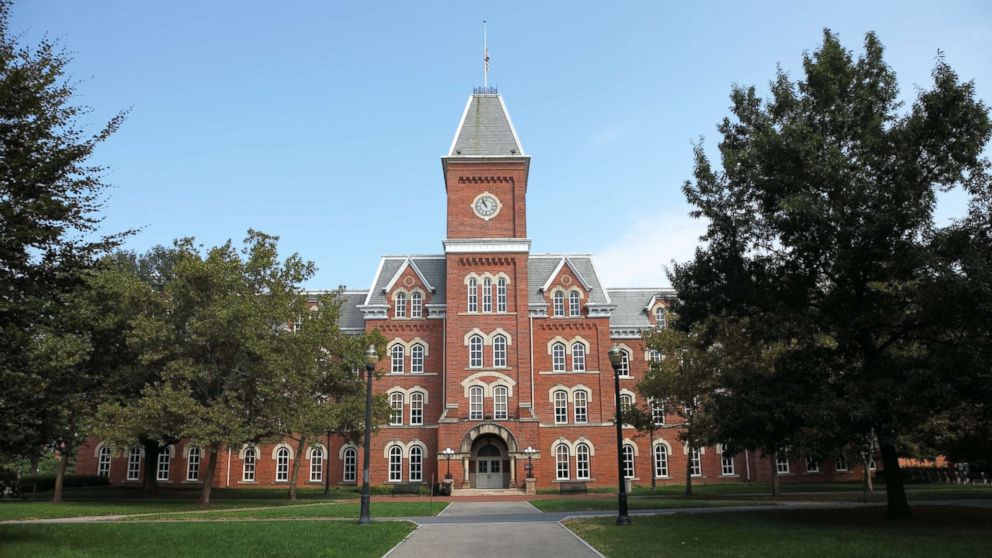Scientists unveil a possible new way of healing wounds in the future
Researchers expect the technology to be approved for human trials within a year.

— -- Scientists at Ohio State University have developed a new method that has the capability of changing the body's existing cells into new cells to promote healing.
The method, called Tissue Nanotransfection (TNT), reprograms cells through a device that uses nanotechnology. The way it would work: First, doctors would apply a light electrical stimulation to the surface of the skin. They would then place a small chip about the size of a cuff link onto the site of the wound.
Click here for more information on the study.
In less than a second, this chip would deliver reprogramming factors (pre-programmed DNA or RNA) non-invasively into living skin cells via a high-intensity, focused electric field, converting them into whatever type of cells a scientist or doctor may choose.
This technique has previously been tested in mouse models to salvage dead tissue and promote limb re-growth. TNT is different from previous technologies in that it is a benign, instantaneous and dose-controlled re-programming factor delivery method at the single cell level.
Researchers expect the technology to be approved for human trials within a year. While it still needs to be tested for safety and efficacy in humans, this technology may ultimately have implications for cell reprogramming in conditions such as stroke, Alzheimer's and Parkinson's.
COMMENTS: This method was validated with well-established and newly developed reprogramming models of induced neurons and endothelium (layer of cells that lines blood vessels), respectively. TNT promotes formation of new cells and improves blood flow in deprived tissues. If found to be similarly effective in humans, these findings may also have dramatic implications on chronic conditions like peripheral vascular disease, which affects millions worldwide, by reducing pain due to poor blood flow, the frequency of infections and the need for debilitating amputations. Still very early.




